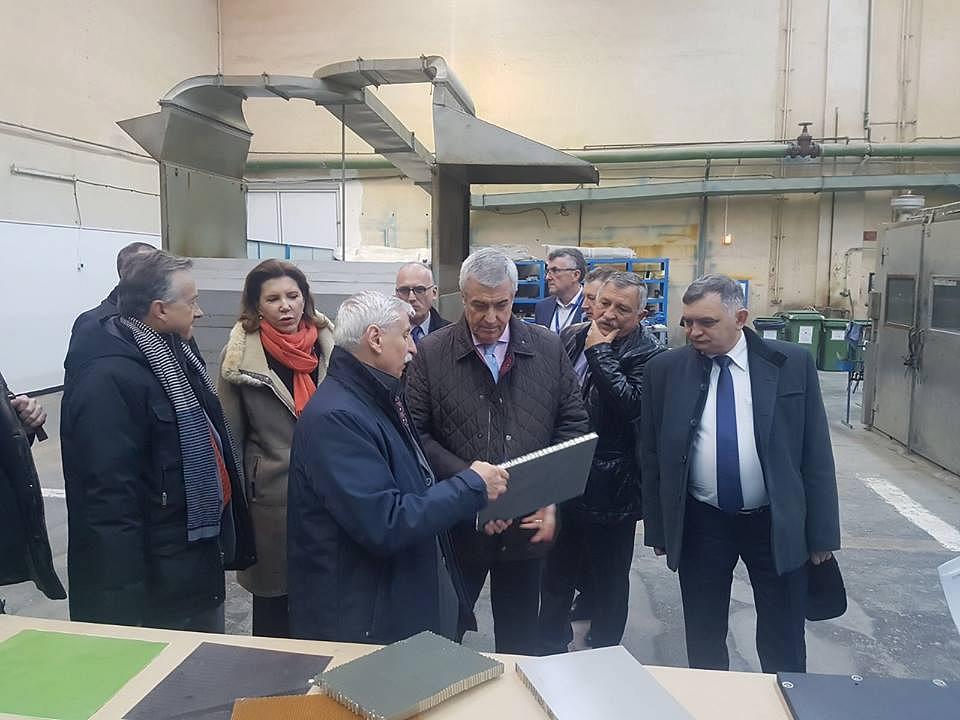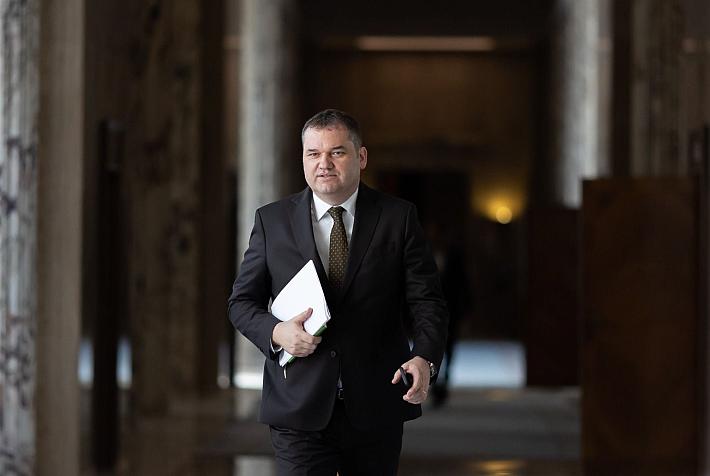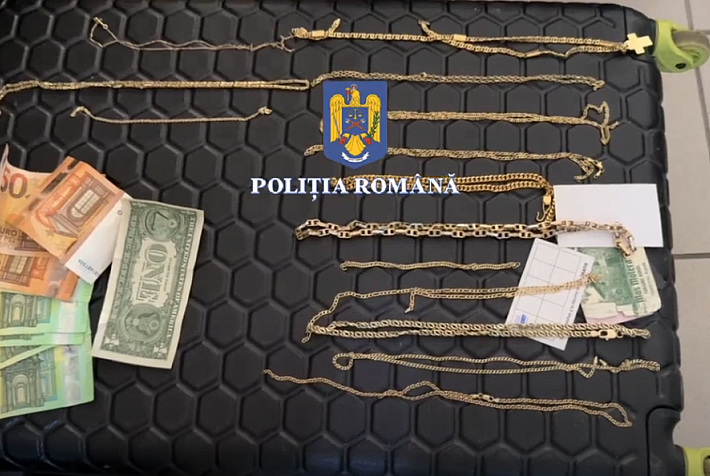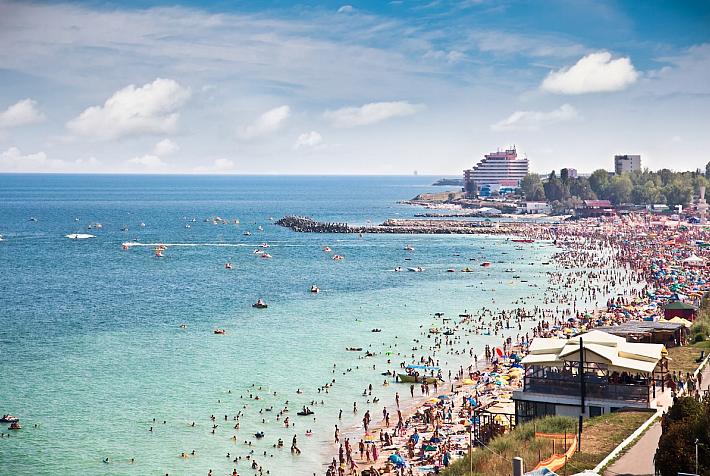Romanian Senate president goes all in on his anti-anticorruption quest

Romanian Senate president and former Prime Minister Calin Popescu Tariceanu asked his fellow MPs to refuse discussing any request from the National Anticurruption Directorate (DNA) related to the prosecution of senators or deputies until the end of this parliamentary term. The startements have brought Tariceanu many critics and several NGOs have asked for his resignation.
Calin Popescu Tariceanu, who’s one of DNA’s main adversaries, claims that many of the anticorruption prosecutors’ cases are actually meant to annihilate some politicians and get them out of the race before the parliamentary elections in December. He says that cases that have been shelved for years are “coincidentally” brought back to light just two months before the elections. “If these cases have been put off that long, it means that they are not urgent,” Tariceanu says in his appeal to the MPs.
The Senate’s president claims that DNA brought up “inconsistent cases” to annihilate potential candidates before the local elections and that many of those cases, which were highly mediatized at that time, have been rejected by courts and no one has heard anything about them since. He says that his request has nothing to do with the political affiliation of the politicians targeted by the DNA’s investigations and that he only wants to defend the principle of power separation.
Five local NGOs, namely the Romanian Center for European Policies (CRPE), Expert Forum (EFOR), Freedom House Romania (FH), the Group for Social Dialog (GDS), and the Initiative Romania (IR) civic movement, have signed a letter asking for Tariceanu’s resignation from his position as president of the Senate after his statements. The five groups claim that Tariceanu has been using his position as second man in the state to attack and discredit independent state institutions, thus breaking the same principles he vowed to protect.
Even some members of Tariceanu's party, the Liberal Democrat Alliance (ALDE), have criticized him for his position against the anticorruption prosecutors. Some leaders of ALDE's youth organization recently resigned.
In the last three years, dozens of Romanian MPs have been investigated by DNA in corruption cases. Some of them have been arrested during the investigations, and a few have even been convicted. However, there have been many cases in which the Senate or the Chamber of Deputies rejected DNA’s requests to allow the prosecution of some MPs.
International reports, including the European Commission’s Cooperation and Verification Mechanism (CVM) on Romania, have been criticizing the Parliament for protecting MPs targeted by corruption investigations. Local surveys show that only about one in ten Romanians still trust the Parliament while more than half have confidence in the National Anticorruption Directorate (DNA).
However, as Romania moves closer to the date of the parliamentary elections (December 11), some politicians have intensified their attacks on DNA. Investigated MP Sebastian Ghita, Senate president Calin Popescu Tariceanu, and former Romanian President Traian Basescu, are among the most virulent critics of DNA chief prosecutor Laura Codruta Kovesi.
Romanian Senate president wants to set up Authority for Interceptions
Former Romanian Prime Minister sent to court for lying under oath in illegal restitution case
editor@romania-insider.com











